WWII has become one of the most popular subject matters in the war genre over the last half century. Whether it's the Allies fighting Hitler in Europe or the Japan Empire in the Pacific, audiences have connected with the time period because of its pivotal place in history.
Rolando Emmerich's Midway is technically a remake from the 1976 film of the same name, but this new movie stays much closer to history than the original. From two decades ago, retelling exact history wasn't the biggest concern in the making of Pearl Harbor, but does that mean Midway is automatically better?
Here are five reasons ways Midway surpasses Pearl Harbor and five areas where it doesn't.
10 Midway: Historical Accuracy
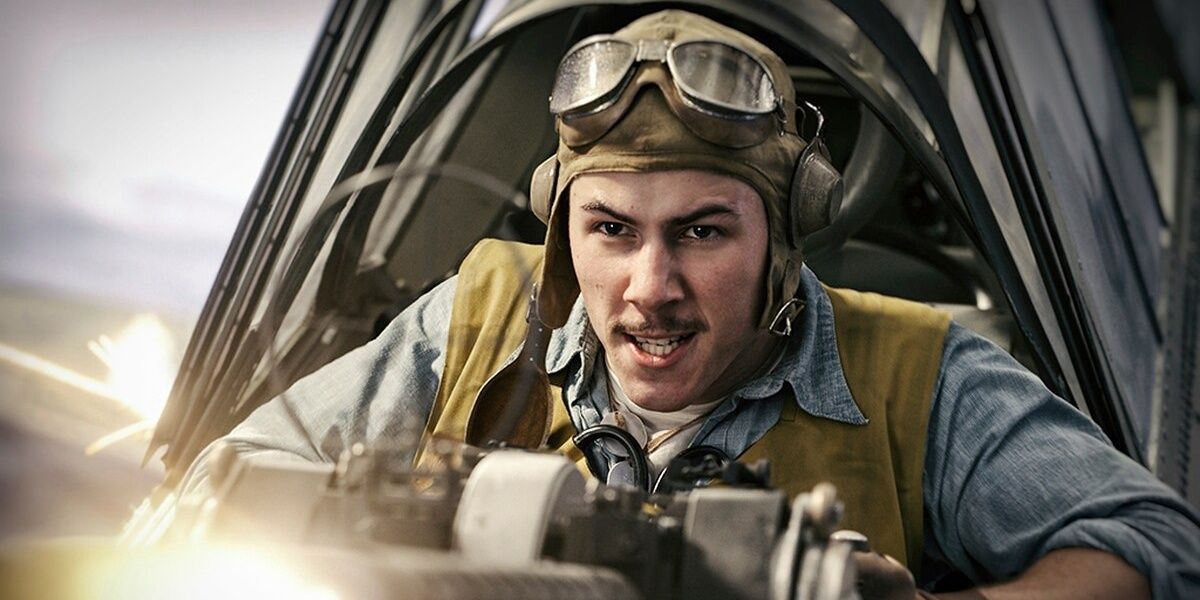
War films usually have a message at the start of the film "based on a true story." Before Midway, Emmerich went a step further with his introduction, saying something to the effect that the following movie "is" the actual events that occurred.
For the most part, that's true. There's no exaggeration for how desperate the Americans are after Pearl Harbor or glorification of the Doolittle Raid. During the Battle of Midway, Dickie Best really did destroy two aircraft carriers on the same day.
Pearl Harbor doesn't offer audiences the same accurate retelling. The whole premise of the film relies on an American pilot going to fight in the Battle of Britain, where in real life, there was absolutely no American military presence. History in the film goes downhill from there.
Pearl Harbor uses historical events as plot devices to create its love triangle, sacrificing accuracy in the process.
9 Pearl Harbor: Straightforward plot
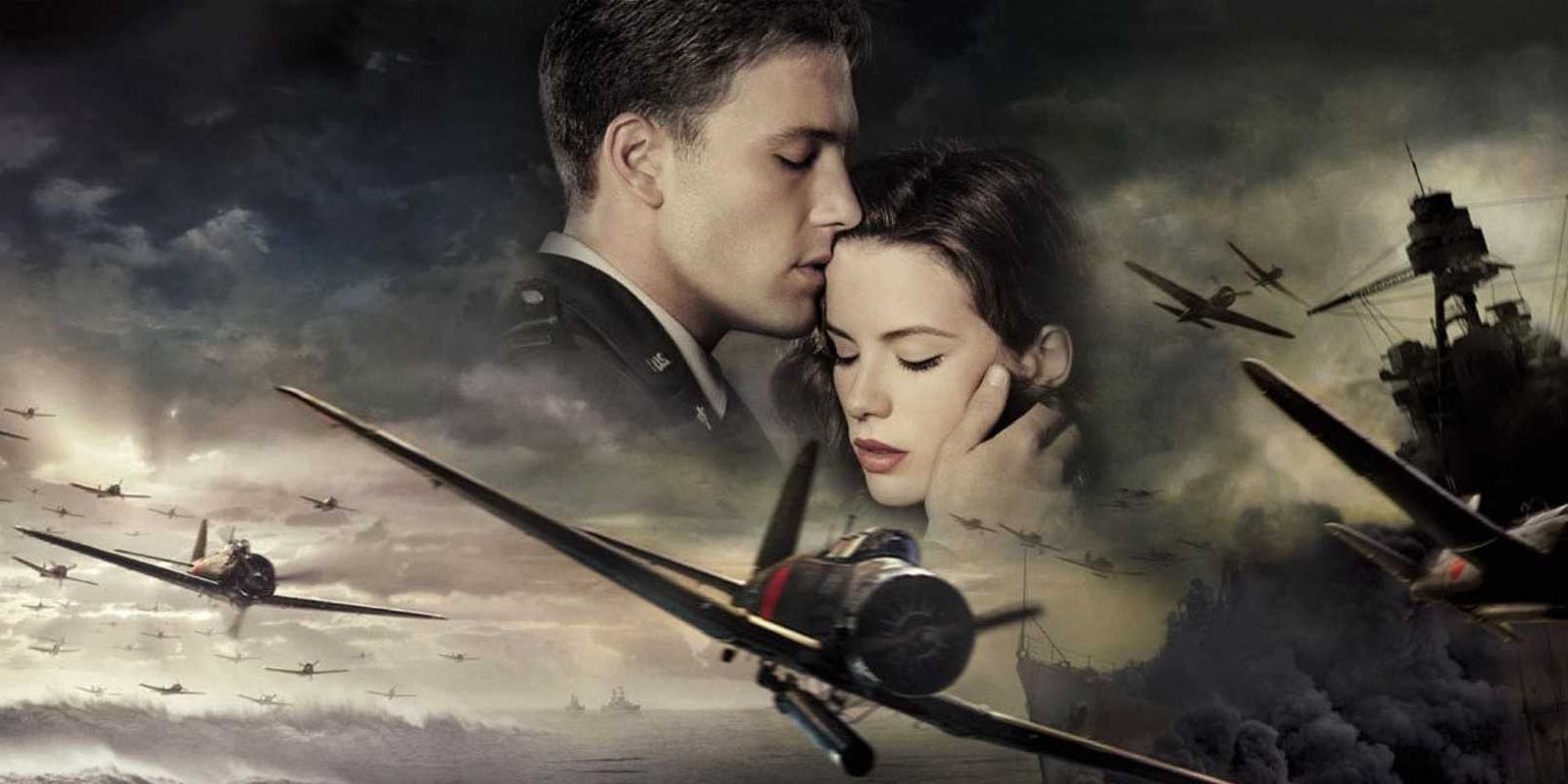
History can be complicated, especially battle scenes with lots of characters. Midway did a very good job of portraying all of its characters, but some audiences will probably prefer the story of Pearl Harbor, which focuses on just three people.
Pearl Harbor also simplifies the historic facts. Japan attacks the United States because of oil, and the Doolittle Raid helps turn the tide of the war. In actuality, though, it was a lot more complex than that.
Midway dives into more details but because it's more historically accurate, it's very hard to pick up all of those details upon the first viewing.
8 Midway: Fantastic Acting Ensemble
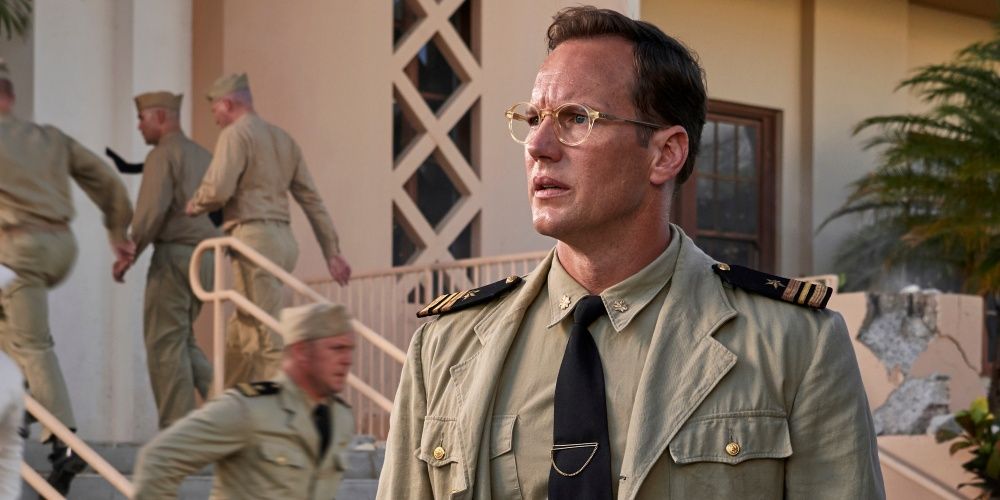
Emmerich followed his Independence Day formula with character development in Midway, and it's mostly successful. It helped that he had a terrific acting ensemble at his dispense.
Dennis Quaid and Aaron Eckhart excel in their supporting roles. Patrick Wilson and Woody Harrelson also perform well in somewhat limited screen time. Quaid, Eckhart and Harrelson have often played leading roles, so Emmerich landing them for small parts was terrific.
With Alec Baldwin, Cuba Gooding Jr., Jon Voight, Jennifer Garner, Pearl Harbor has its own impressive ensemble, but it's largely underutilized in order to focus on the three main characters.
7 Pearl Harbor: Character Development
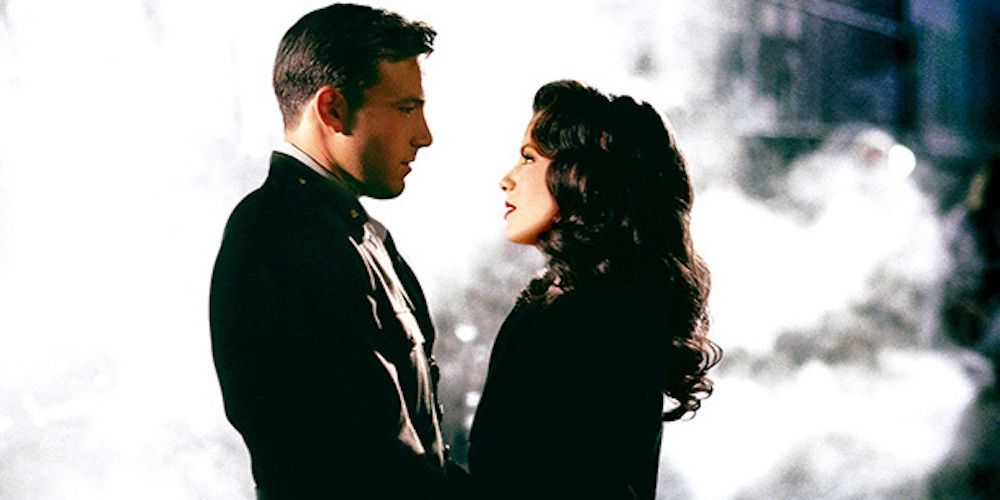
The advantage Pearl Harbor has, though, is it spends a lot of its time developing the relationships between its three main characters -- Rafe, Danny and Evelyn. Rafe and Danny have been friends since childhood with Rafe almost looking after him like a big brother. Rafe falls in love with Evelyn prior to leaving for the Battle of Britain, but after she thinks he's dead, Evelyn begins spending time with Danny and falls in love with him.
Chaos ensues once Rafe returns alive. Viewers who liked Pearl Harbor did so because the film successfully related these three characters and helped the audience sympathize with each one in their difficult love triangle situation.
6 Midway: Avoids Excessive Romance
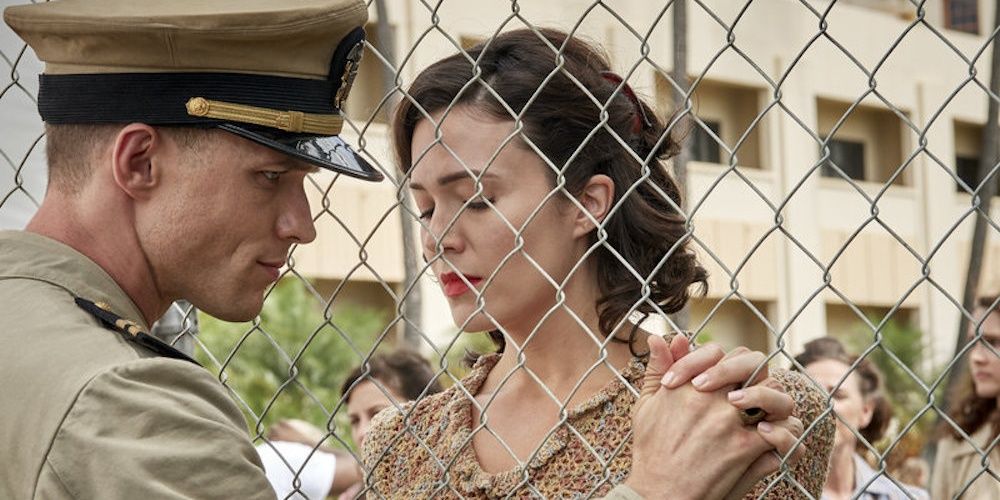
That's not to say Midway didn't have any character development. Audiences see Dickie Best using his wife as a sounding board after he receives a promotion and tucking his daughter into bed. The film also showcases the sacrifices Edwin T. Layton and his family make because he's working around the clock trying to decipher the Japanese code.
Wives are figures in Midway, but it doesn't take away from retelling the historical facts. Pearl Harbor doesn't do the same. In actuality, Pearl Harbor is not a war movie, but a romance story that uses WWII as a backdrop.
Moviegoers hoping to see a war film will say Pearl Harbor has too much romance.
5 Pearl Harbor: Action sequences during the battle
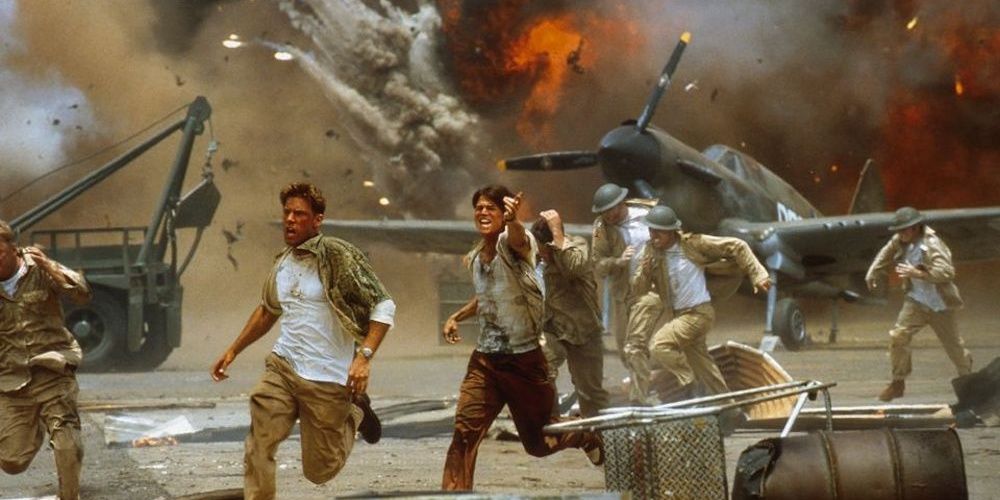
The action in Pearl Harbor is very entertaining and aesthetically appealing to an action-movie fan. The bombing of the harbor in the film lasts about 30 minutes. If it lasted any longer, it would have been the full length of the actual attack.
In a vacuum, the action in Pearl Harbor is more entertaining than Midway, but it's impossible to watch these films without at least the knowledge that they actually happen, and there lies the problem with the action sequences of Pearl Harbor.
While it's one of the strengths of the film, it doesn't invoke a feeling of horror for war or sense of military pride. It's main objective appears to be only pure entertainment.
4 Midway: Pacing & Length
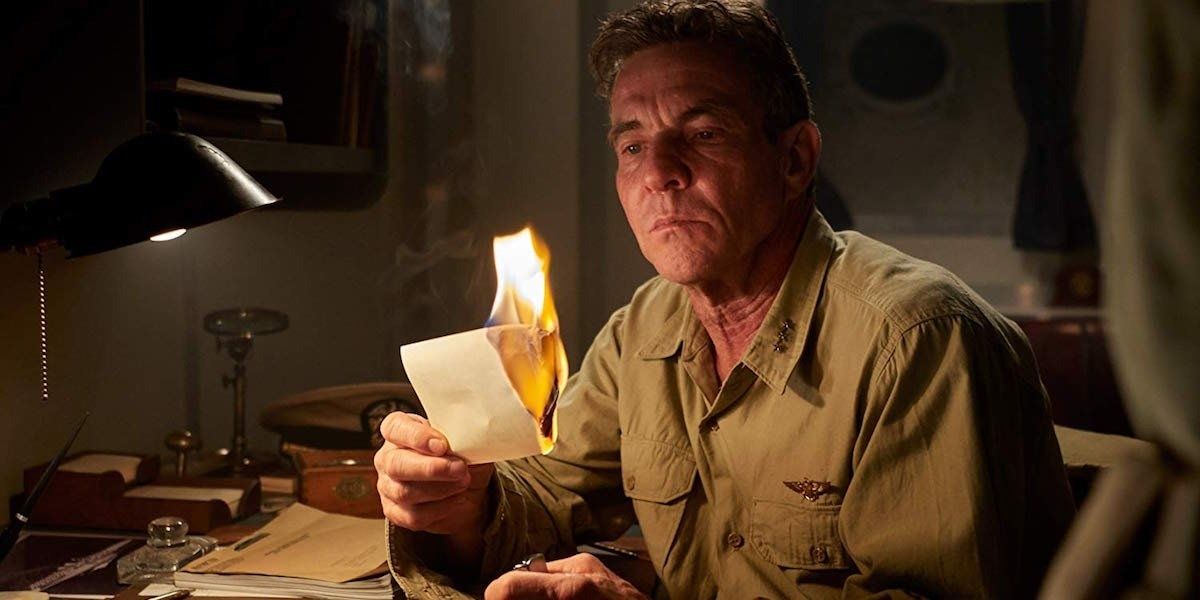
Midway lasts longer than two hours, but it never feels as though it drags, especially during the Battle of Midway when events are happening at a very rapid pace. The action is occurring so quickly that it's sometimes hard to keep the events and characters straight, but there aren't any pacing issues.
Pearl Harbor, though, is a two-hour movie stretched into three. The bombing of the harbor lasts too long and, again, there's too many romance scenes. There are a lot of scenes showing the Japanese preparing for their attack but those moments add very little to the film.
There's really no reason for Pearl Harbor to be more than three hours.
3 Pearl Harbor: Cuba Gooding Jr.'s character, Dorie Miller
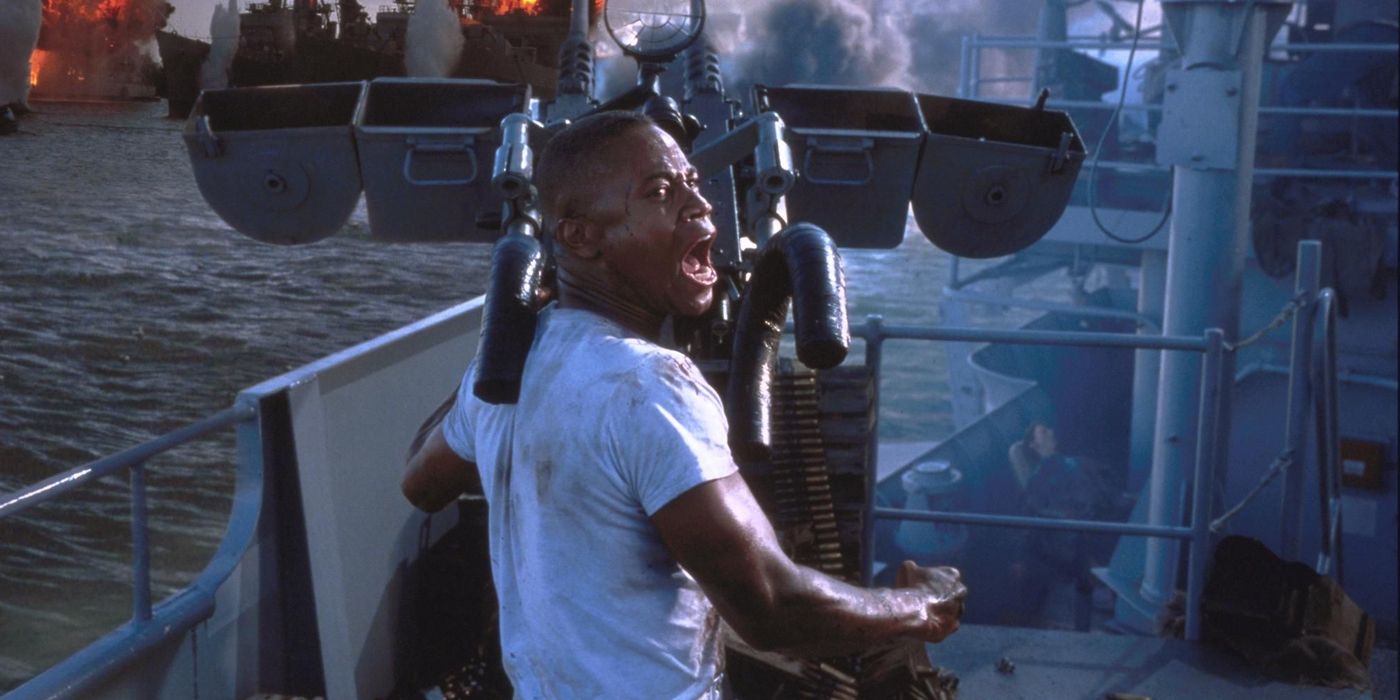
One of the best parts of Pearl Harbor is the inclusion of Dorie Miller. He was the first African American recipient of the Navy Cross for valour for his actions during the harbor bombings. Miller helped the wounded and manned a anti-aircraft gun during the battle.
It was great Pearl Harbor addressed his story and included an anti-racism message. Other than the Japanese, Midway has no minority characters and doesn't address race relations at the time.
However, Pearl Harbor only scratched the surface with this theme. Miller wouldn't have been allowed to be alone with Evelyn, a white nurse, when she attends to his wounds in 1941 as he is during the film. Also, the movie doesn't accurately show how Miller would have been treated as a black man in the US Navy at that time.
2 Midway: Individualizes the Japanese
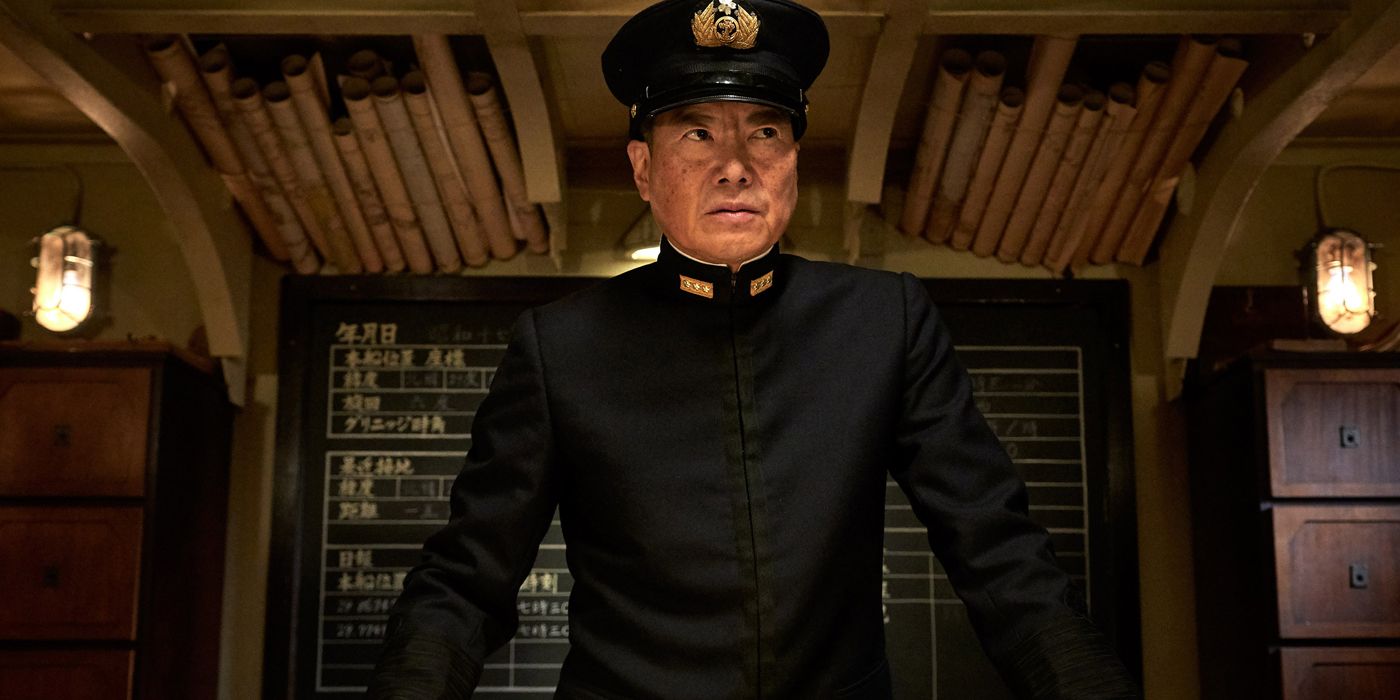
At the end of Midway, Emmerich dedicates the film to the American and Japanese soldiers who died in the Pacific. While the United States is the focal point of the story and the side American audiences will definitely be rooting for, Midway doesn't paint Japan as an evil empire. The film even develops some Japanese characters relatable to even American viewers.
Pearl Harbor does no such thing and even refers to the United States as "us" at one point during a voiceover.
Midway viewers walk out of the film with respect for both sides of the war. At the end of Pearl Harbor, viewers are more likely to see the Japanese as savages.
1 Pearl Harbor: Basic History Lesson
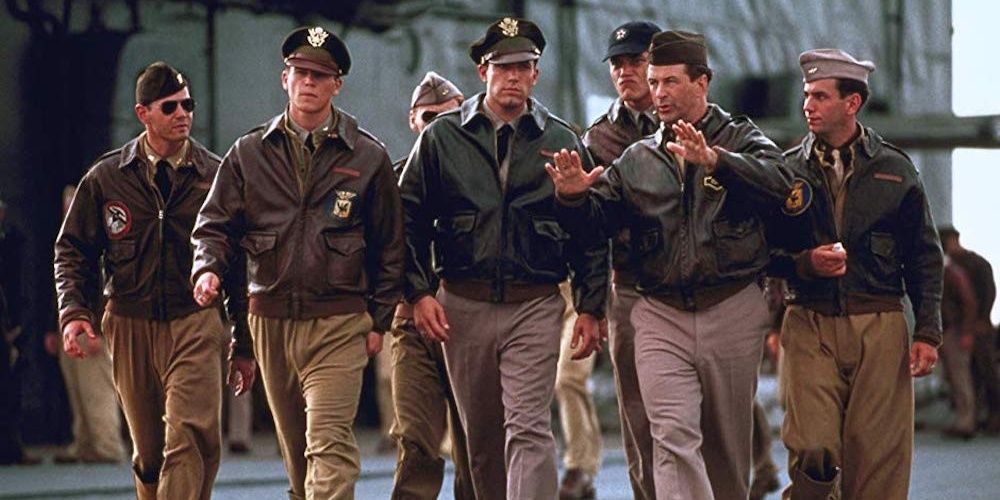
While Pearl Harbor glosses over some history and gets the history it includes very, very wrong, viewers with no previous WWII knowledge will like it for its simplicity. Again, the film has a straightforward plot, and it's history lesson is very basic.
Midway has so much more history in it, which is fantastic, but only for audience members who want to learn a lot about WWII in the Pacific. It might also take two or three viewings to pick up all the details from Midway. One three-hour viewing of Pearl Harbor is more than enough.
from ScreenRant - Feed https://ift.tt/2MsDEWX
via IFTTT







0 comments:
Post a Comment